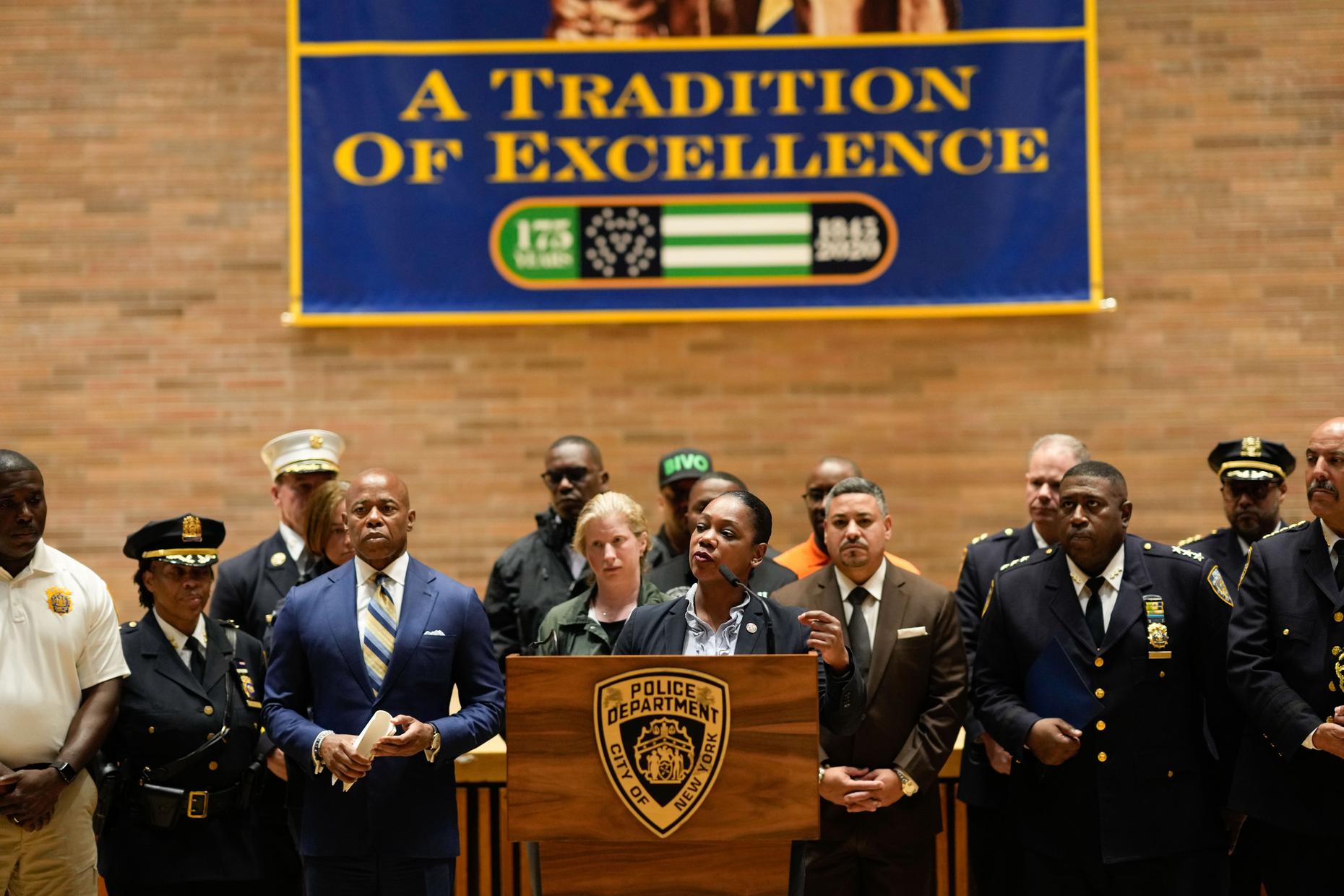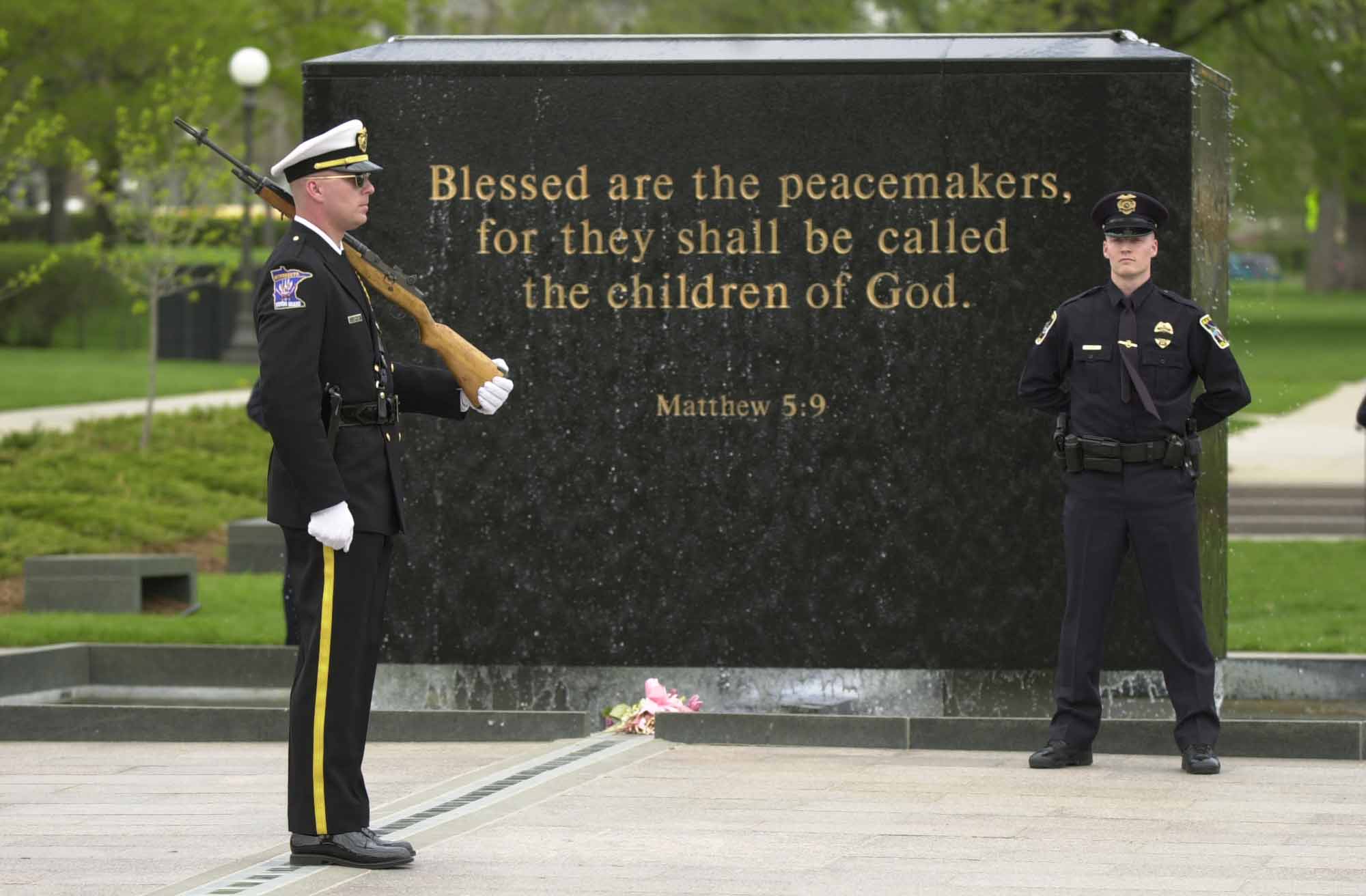Why Are Police Officers Called 12? Unlocking The Mystery Behind This Unique Term
Ever wondered why police officers are sometimes referred to as "12"? The term has been floating around for ages, but its origins remain a bit of a mystery to most people. You’ve probably heard it in movies, songs, or even from friends. But what does it mean exactly? Is it just another slang term, or is there something deeper behind it? In this article, we’re diving deep into the history, cultural significance, and hidden meanings of why police officers are called "12." Get ready to uncover the truth behind this intriguing nickname.
Before we jump into the nitty-gritty, let’s set the stage. The term "12" has been used in various contexts over the years, and its connection to law enforcement isn’t always obvious. Some people think it’s just a random number with no real meaning, while others believe it holds historical significance. In this article, we’ll explore both sides of the story and shed light on the reasons behind this peculiar nickname. Stick around because you’re about to learn something new!
Understanding why police officers are called "12" isn’t just about decoding a slang term. It’s also about diving into the rich history of law enforcement and the cultural impact they’ve had on society. From radio codes to urban legends, this term has a fascinating backstory that deserves to be told. So, grab a coffee, sit back, and let’s unravel the mystery together.
- T33n 517 The Ultimate Guide To Understanding And Mastering The Teen Experience
- Never Back Down Cast The Ultimate Guide To The Movies Stars And Their Journey
What Does "12" Actually Mean?
Let’s start with the basics. The term "12" is often used as shorthand for police officers, especially in urban communities. But why "12"? Some people speculate that it comes from old police radio codes, where "10-12" was a signal for officers to remain discreet or avoid talking on the radio. Others think it might be linked to the number of hours in a typical police shift. Whatever the reason, the term has stuck, and its usage has grown over time.
Interestingly, the term "12" isn’t exclusive to police officers. In some circles, it’s also used to refer to authority figures in general, such as security guards or even teachers. This broad application shows just how versatile and adaptable this nickname has become. But don’t let its simplicity fool you—there’s a lot more to it than meets the eye.
Historical Context: Where Did It All Begin?
Like many slang terms, the origins of "12" are shrouded in mystery. Some historians trace it back to the early days of radio communication, where officers used coded language to communicate with each other. These codes were designed to be quick and efficient, allowing officers to convey important information without giving away too much detail. While "10-12" might not directly translate to "police officer," its association with law enforcement has made it a popular choice for this nickname.
- The Boy Next Door Cast Who Are The Stars Behind The Mystery
- Everybody Loves Raymond Why This Classic Show Still Resonates Today
Others believe that the term "12" gained traction in the 1960s and 70s, during a time when urban communities were developing their own unique slang. In this context, "12" became a way to refer to authority figures in a more casual and conversational manner. Whether it was out of respect, rebellion, or simply convenience, the term caught on and became a part of everyday language.
Why Are Police Officers Called 12? The Urban Legend
Every good story has a bit of mystery, and the tale of "12" is no exception. One popular urban legend suggests that the term originated from a specific police department that used the number 12 in their badge design. According to this story, officers from this department were often referred to as "12" by locals, and the nickname eventually spread to other areas. While this explanation sounds plausible, there’s no concrete evidence to support it.
Another theory ties "12" to the biblical reference of the Twelve Apostles, symbolizing authority and leadership. In this interpretation, police officers are seen as modern-day apostles, tasked with maintaining order and protecting the community. While this explanation is more metaphorical than factual, it highlights the symbolic power of numbers in shaping language and culture.
Radio Codes: The Real Deal?
If we’re being honest, the most likely explanation for why police officers are called "12" has to do with radio codes. Back in the day, police departments relied heavily on coded language to communicate with each other. These codes were designed to be short, simple, and easy to remember, making them perfect for high-pressure situations. One of the most famous codes, "10-12," was used to signal officers to remain quiet or avoid using their radios. Over time, this code became shorthand for police officers themselves, leading to the widespread use of "12" as a nickname.
Of course, radio codes vary from department to department, so it’s possible that "10-12" wasn’t universally adopted. However, the idea of using numbers as shorthand for complex ideas has become a staple of law enforcement communication. Whether it’s "10-4" for "message received" or "10-12" for "stay quiet," these codes have shaped the way officers interact with each other and the public.
The Cultural Impact of "12"
Language is a powerful tool, and the term "12" is a prime example of how slang can shape our understanding of the world. In many urban communities, "12" has become a symbol of authority, respect, and even rebellion. Depending on the context, it can be used to praise or criticize police officers, making it a versatile term that reflects the complexities of modern society.
Pop culture has also played a role in popularizing the term "12." From hip-hop lyrics to TV shows, the nickname has been featured in countless media outlets, cementing its place in the cultural lexicon. While some might argue that its usage has been diluted over time, there’s no denying the impact it’s had on the way we talk about law enforcement.
Why Does This Matter?
Understanding why police officers are called "12" isn’t just about decoding a slang term. It’s about recognizing the cultural significance of language and how it shapes our perceptions. By exploring the history and context of this nickname, we can gain a deeper appreciation for the role that police officers play in our communities. Whether you view them as protectors or enforcers, there’s no denying their impact on society.
Common Misconceptions About "12"
As with any popular term, there are plenty of misconceptions surrounding "12." Some people think it refers to the number of officers on duty at any given time, while others believe it’s a reference to the 12th Amendment of the U.S. Constitution. While these ideas might sound plausible, they don’t hold up under scrutiny. The truth is, "12" is more than just a number—it’s a symbol of authority, tradition, and communication.
Another common misconception is that "12" is only used in certain regions or communities. In reality, the term has gained widespread acceptance across the United States and beyond. Whether you’re in a big city or a small town, chances are you’ve heard someone use the term "12" to refer to police officers. This universality speaks to the power of language and its ability to transcend geographic and cultural boundaries.
Setting the Record Straight
To clear up any confusion, here are a few key points to keep in mind:
- "12" is most likely derived from old police radio codes, specifically "10-12."
- It’s not tied to any specific department, badge design, or constitutional amendment.
- The term has been adopted by various communities and cultures, making it a versatile and widely recognized nickname.
By separating fact from fiction, we can gain a clearer understanding of why police officers are called "12" and what it means for society as a whole.
Why Are Police Officers Called 12? The Final Verdict
After exploring the history, culture, and context of the term "12," it’s clear that this nickname is more than just a random number. It’s a reflection of the way we communicate, interact, and perceive authority figures in our lives. Whether you’re a fan of police officers or not, there’s no denying the impact they’ve had on our language and culture.
So, why are police officers called "12"? The answer lies in a combination of history, tradition, and communication. From radio codes to urban legends, this term has evolved over time to become a symbol of authority and respect. And while its origins may be a bit murky, its significance is undeniable.
What’s Next?
Now that you know the story behind "12," what’s next? Take a moment to reflect on how this nickname fits into your own understanding of law enforcement. Do you agree with its usage, or do you think it’s outdated? Whatever your opinion, one thing is certain—language is a powerful tool, and the terms we use matter.
Conclusion
In conclusion, the term "12" is more than just a nickname for police officers. It’s a symbol of authority, tradition, and communication that has shaped the way we talk about law enforcement. By exploring its history and cultural significance, we can gain a deeper appreciation for the role that police officers play in our communities. So the next time you hear someone refer to "12," take a moment to think about the rich backstory behind this simple term.
And don’t forget to share this article with your friends and family! The more people know about the origins of "12," the better equipped we’ll be to understand the complexities of modern society. Who knows? You might just learn something new along the way.
Table of Contents
- What Does "12" Actually Mean?
- Historical Context: Where Did It All Begin?
- Why Are Police Officers Called 12? The Urban Legend
- Radio Codes: The Real Deal?
- The Cultural Impact of "12"
- Common Misconceptions About "12"
- Setting the Record Straight
- Why Are Police Officers Called 12? The Final Verdict
- What’s Next?
- Conclusion



Detail Author:
- Name : Omer Kilback
- Username : breitenberg.bette
- Email : veronica67@hotmail.com
- Birthdate : 1992-02-10
- Address : 405 Hickle Bypass Suite 969 Corbinmouth, ID 52818-1286
- Phone : 1-616-768-0728
- Company : Kihn-Towne
- Job : Athletes and Sports Competitor
- Bio : Sunt doloribus et impedit. Eos facere numquam repellendus doloribus officiis. Est optio quisquam cumque unde ut sed accusantium. Delectus blanditiis quisquam odit at qui modi. Sint iste unde cum qui.
Socials
facebook:
- url : https://facebook.com/yvonne5017
- username : yvonne5017
- bio : Ratione suscipit sint sed distinctio. Dolore voluptas debitis nam rerum.
- followers : 1249
- following : 117
linkedin:
- url : https://linkedin.com/in/yhuels
- username : yhuels
- bio : In nisi animi optio veniam aliquid.
- followers : 3885
- following : 2492
twitter:
- url : https://twitter.com/yvonnehuels
- username : yvonnehuels
- bio : Ea quia qui distinctio. Et laborum hic suscipit tenetur ut reiciendis et. Dolores vitae aliquid dolores reiciendis corrupti doloribus.
- followers : 1178
- following : 350
instagram:
- url : https://instagram.com/huelsy
- username : huelsy
- bio : Voluptatem quia saepe omnis facilis. Quia atque veniam libero.
- followers : 5898
- following : 2540